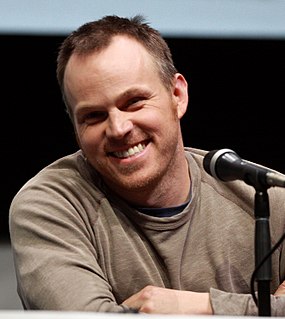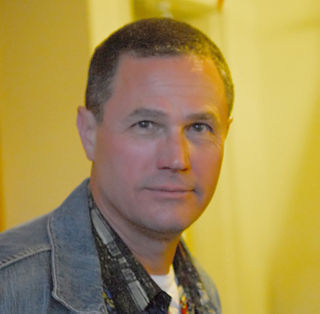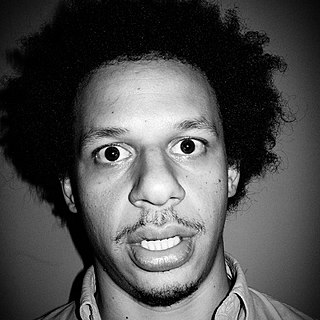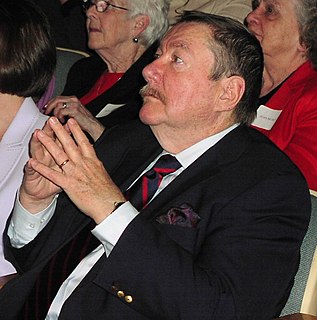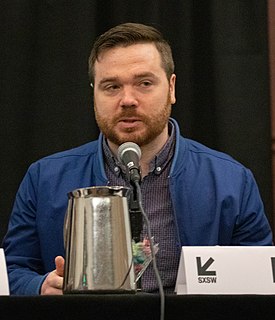A Quote by Donald E. Westlake
For a long while, I found Parker impossible. He went away for 23 years. I tried to bring him back a few times, and I sort of figured out where he came from, why he went away, and why he came back. The thing that I have to tap into for Parker is in some way the outsider. If I can tap into the outsider, I can write about Parker, and if I can't, I can't.
Related Quotes
Nerds are running the world. Andrew Garfield made a movie [called “The Social Network”] about it. Nerds are no longer pariahs and knowing how to write computer code is longer a [mocked] quality. What was important in those early comics was this notion that Peter Parker is an outsider and how we define that in a contemporary context. That, I think, was one of the challenges for us — getting Peter Parker’s outsider status to be current.
Parker wasn't supposed to be a series. He was supposed to be one book, and if he was only going to be in one book, I didn't worry about it. And then an editor at Pocket Books said "Write more books about him." So I didn't go back at that point and give him a first name. If I'd known he would've been a series, I would've done two things differently. First, I would've given him a first name because that means for 27 books, I've had to find some other way to say, "Parker parked the car."
[Charlie "Bird" Parker] would sit down and ask [Phil Wood], "What do you think about this whole secondary Viennese school with Schoenberg, Berg and Webern? Are you listening to that music and what do you feel about it?" These were the conversations that he was having. And he also said, what he learned from Charlie Parker was, not that he studied with him in the formal sense, is that the first thing that Charlie Parker would always ask was, "Did you eat today?".
Anything to declare? the customs inspector said."Two pound of uncut heroin and a manual of pornographic art," Mark answered, looking about for Kity. All Americans are comedians, the inspector thought, as he passed Parker through. A government tourist hostess approached him."Are you Mr. Mark Parker?""Guilty.
How does Parker’s body compare with yours ” Great. A pop quiz I thought recognizing his transition into lecture mode. “How does Parker’s body compare with mine Hmm.” I gave Parker a quick theatrical once-over and he smiled clearly catching on to my line of thought. “Nice legs and killer biceps. But I have better boobs. No question.
I think the style Plimpton popularized - the dive-in, try-it-yourself journalism - is appealing and useful for a number of reasons, not the least of which is the value of an outsider's view into a little-known or misunderstood subculture. I tried to do the same thing with my book - tap into a pocket of American life that few people have any idea about, and tell the real, unvarnished truth about it in a way that was open-minded and authentic.
The other thing that I got back then - the Parker novels have never had much of anything to do with race. There have been a few black characters here and there, but the first batch of books back then, I got a lot of letters from urban black guys in their 20s, 30s, 40s. What were they seeing that they were reacting to? And I think I finally figured it out - at that time, they were guys who felt very excluded from society, that they had been rejected by the greater American world.

